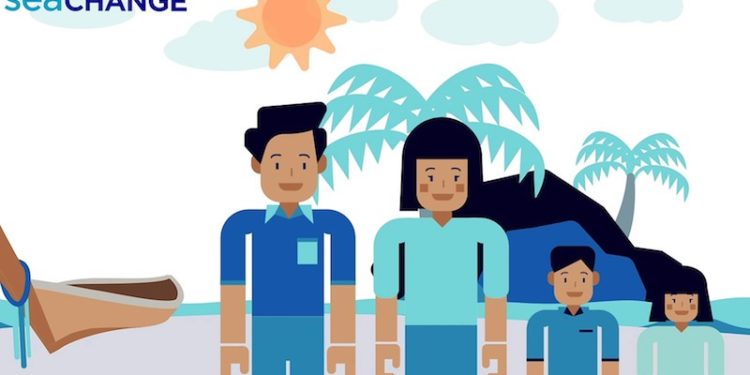Focusing on plastics and marine debris, Thai Union Group has launched a video highlighting the growing problem of ocean plastic and marine debris, with a focus on Thailand, in an effort to raise awareness and trigger action to ensure the seas are sustainable for future generations.
The video identifies how small, everyday actions can make a significant difference in helping protect the world’s precious marine life. An estimated 100,000 marine mammals are killed every year by plastic litter.
Sea birds, turtles, dolphins and other animals often mistake larger plastic items in the ocean as food, with scientists estimating that one in ten whales and dolphins have mistakenly eaten plastic at some point in their lives. The negative impact of plastic and marine debris was highlighted when a pilot whale in Thailand was found dying last year with 80 plastic bags and other plastic items weighing eight kilograms in its stomach.
‘Thai Union is committed to combating marine plastic pollution, in line with SeaChange®, our sustainability strategy to drive meaningful improvements across the entire global seafood industry,’ said Dr. Darian McBain, Thai Union’s global director for sustainable development.
‘With this video, we hope to not only raise awareness around this issue, but prompt other stakeholders to join us in working to ensure our oceans are sustainable for future generations.’
As part of its commitment, Thai Union recently joined forces with the Global Ghost Gear Initiative (GGGI), collaborating to actively promote solutions for reducing plastic waste and the growing problem of abandoned, lost and discarded fishing gear (ALDFG) worldwide. GGGI, an alliance founded by World Animal Protection, includes representatives from the fishing industry, the private sector, academia, governments, intergovernmental and non-governmental organisations.
‘At an individual level, we can also help tackle plastic waste by making small changes to our daily habits, by following the three “R’s” – Reduce, Reuse and Recycle,’ Darian McBain explained.
‘By reducing the amount of plastic we use in our everyday lives, reusing plastic items where possible, and, when plastic must be thrown away, recycling it correctly and responsibly, we can have a significant impact.’









